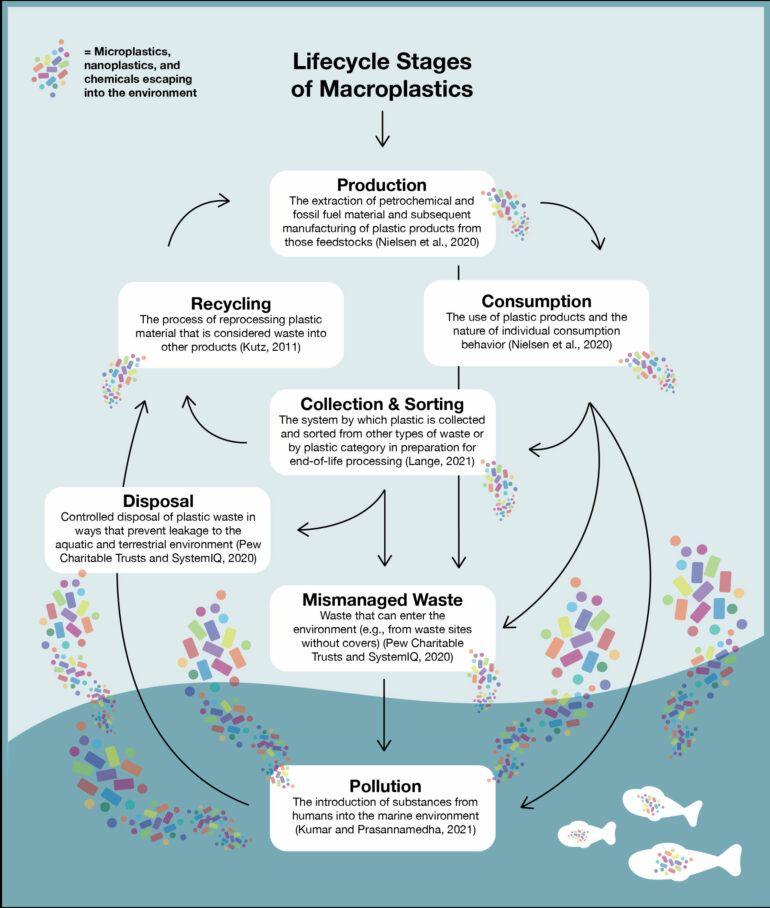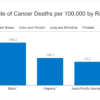A new study suggests addressing plastic pollution could play a critical role not only in protecting the environment, but also in lowering breast cancer rates, which have been increasing globally, especially in younger adults.
The analysis comes as delegates from around the world recently gathered in Busan, South Korea to develop a UN Plastics Treaty in an effort to curb plastic production and waste.
Breast cancer is the most common cancer worldwide. Recent data show incidence rates for many cancers have been going up in people under age 50, and most of these early-onset diagnoses are breast cancer. Because well-studied risk factors, such as having fewer children, cannot fully explain this trend, researchers have turned to chemicals in food, water, and consumer products, as likely factors.
Earlier this year, scientists at Silent Spring Institute identified more than 900 chemicals that could increase breast cancer risk based on their ability to cause mammary tumors in animals, damage DNA, or interfere with estrogen and progesterone, a well-established risk factor for breast cancer.
Now, reporting in the journal Environmental Science & Technology Letters, the same group found nearly half of these chemicals—414 in total—are used in plastics. Many of these chemicals are commonly used in consumer goods like food packaging, personal care products, and household items, making exposures in the general population nearly ubiquitous.
Of the 414 potential breast carcinogens in plastics, the researchers identified 175 that are the most worrisome, based on their toxicity and large global production volume, that should be top priorities for regulatory action.
Because manufacturers do not always know what chemicals are used in their products, it’s important for leaders to focus on reducing the production and use of specific chemicals, not just the products, says co-author Ruthann Rudel, research director at Silent Spring Institute.
“And by prioritizing chemicals that increase breast cancer risk, a global agreement could have a big impact on reducing exposure to substances that are likely contributing to a disease that overwhelmingly impacts women around the world,” says Rudel.
More information:
Rashmi Shakti et al, Why the UN Treaty on Plastics Can Reduce Early Onset Cancers, Environmental Science & Technology Letters (2024). DOI: 10.1021/acs.estlett.4c00942
Provided by
Silent Spring Institute
Citation:
Curbing plastics pollution could help reduce global burden of breast cancer, analysis suggests (2024, December 2)



